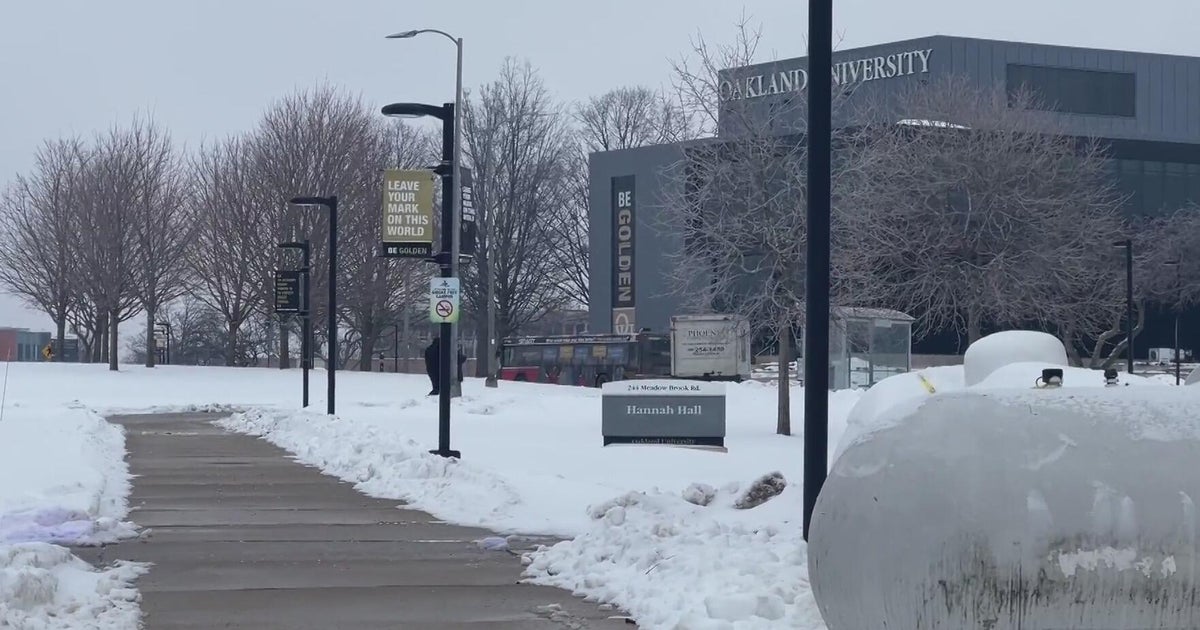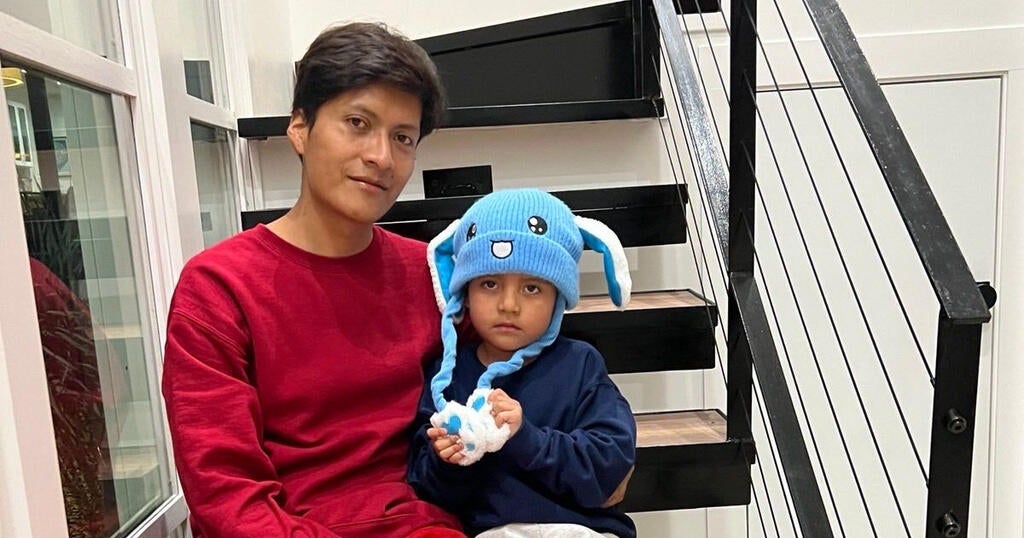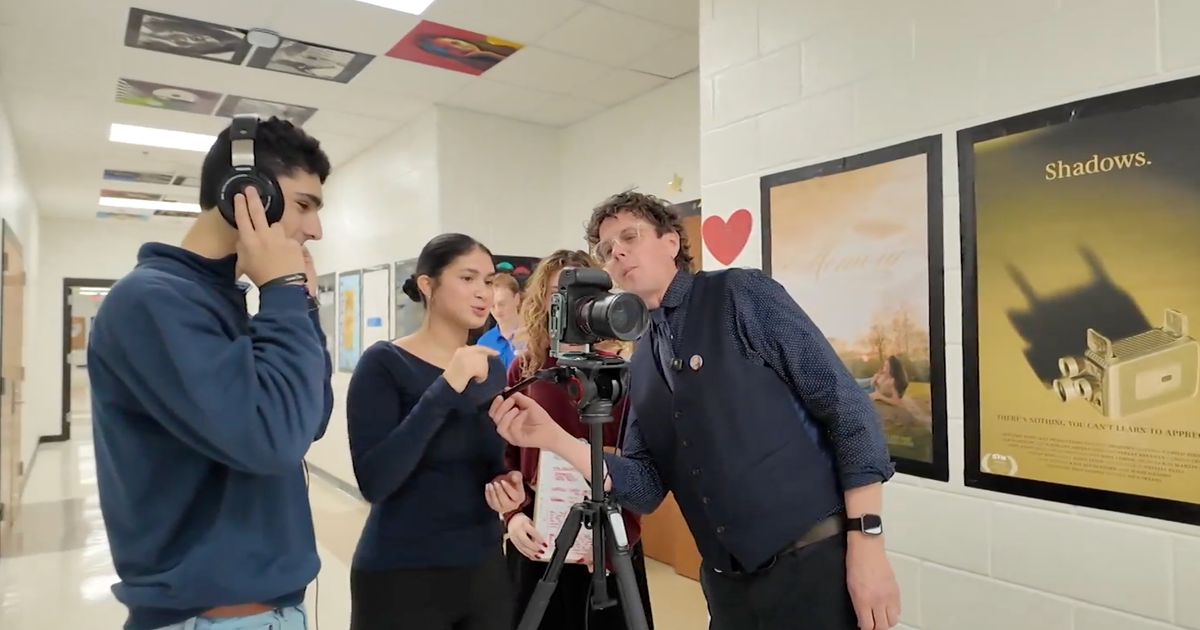Lawrence Tech Wins Grant For Powerful Microscope
Lawrence Technological University will acquire the first environmental scanning electron microscope in the metro Detroit area with a $769,744 grant from the National Science Foundation.
The new microscope to be housed in Lawrence Tech's College of Engineering will be used for both research and education at Lawrence Tech. In addition it will be used for research projects at Wayne State University, Oakland University, the William Beaumont Research Institute and the General Motors Research and Development Center.
The electron microscope can be used to scientifically characterize wet, oily, porous and soft materials which are traditionally considered impossible to study using conventional microscopy techniques.
This will greatly enhance a variety of research activities conducted at Lawrence Tech and its collaborating institutions in biomaterials, orthopedics, tissue engineering, construction materials, automotive components and lithium ion batteries.
This microscope can produce very high-resolution images of a sample surface, revealing details less than a nanometer in size, which is one billionth of a meter. The maximum magnification of more than 500,000 times is about 250 times the magnification limit of the best light microscopes. This piece of equipment has a large depth of field yielding a three-dimensional image that is useful for studying surface structure.
"The environmental scanning electron microscope will strengthen the existing materials research infrastructure at Lawrence Tech and our partnering institutions, and enhance the research and educational experiences of a large number of students at Lawrence Tech and other universities," said Assistant Professor Yawen Li, the principal investigator for the NSF grant.
Li said Lawrence Tech will also use the electron microscope to develop laboratory programs that will strength Lawrence Tech's leading role in the metro Detroit area in increasing the number of women and underrepresented students entering science and engineering.
In applying for the grant, Lawrence Tech outlined research projects that would be made possible with the new equipment:
* Characterization of cell-seeded biomedical microdevices for high throughput, living cell-based screening study of biodegradable scaffolds for regeneration of ligament tissues, and the study cell-attached nanomaterials for design of biocompatible coatings for bioimplants (Yawen Li, Lawrence Tech).
* Damage mode and failure analysis, characterization of particulate debris and tissue-implant interface for improved longevity of orthopedic implants, assessment of scaffolds and progenitor stem cells for musculoskeletal tissue engineering, and characterization of novel polymeric blends for the development of improved total joint arthroplasty (grant co-principal investigator Kevin Baker, William Beaumont Hospital Research Institute).
* Characterization of the carbon nanotube-reinforced, cement-based materials and fracture analysis of concrete exposed to fire (Elin Jensen, Lawrence Tech).
* Characterization of novel surface coatings and lubricants, study of the scuffing mechanism, and analysis of the bearing fatigue and micro-pitting for the development of new vehicles with improved lubricants and more efficient engine/transmission components (Gary Barber, Oakland University).
* Surface characterization of polysaccharide biomaterials for refined control of stem cell behavior (Howard Matthew, Wayne State University).
* Characterization of the self assembled monolayer for improved control of the growth of neurons (Olena Palyvoda, Wayne State University).
* In situ observation of crack growth in electrode materials for the development of next generation lithium ion batteries (Xingcheng Xiao, GM R&D Center).
More at www.ltu.edu.
(c) 2010, WWJ Newsradio 950. All rights reserved.







